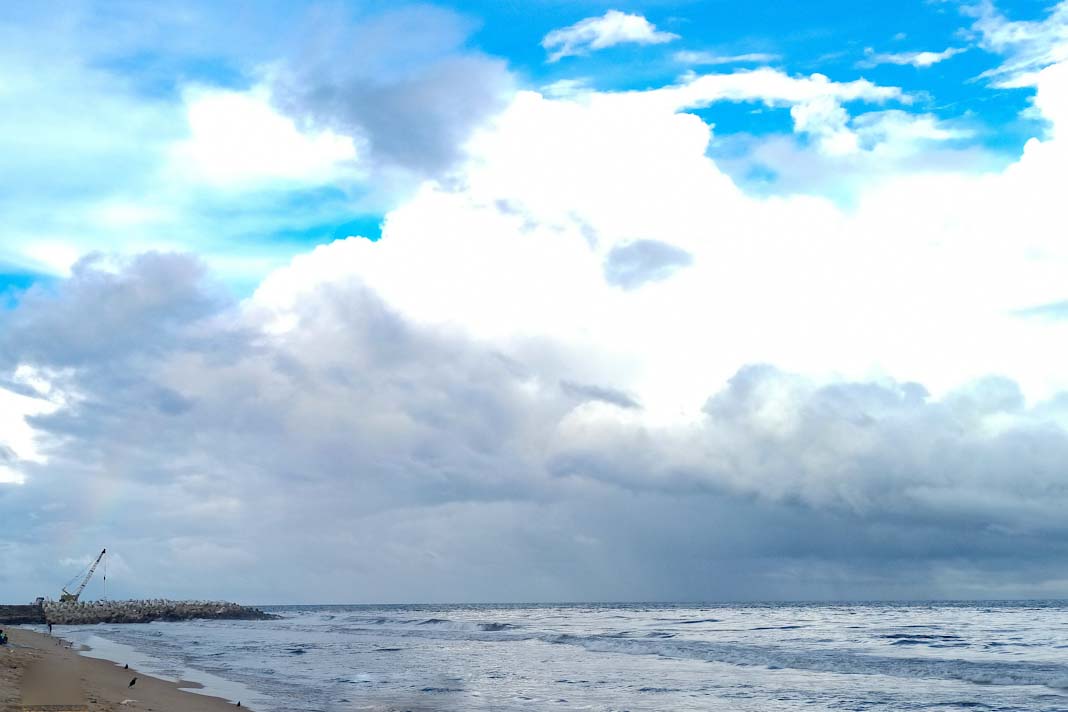- The shipping industry has saved a cumulative USD 13 billion since the implementation of the International Maritime Organization’s (IMO) 2020 regulations, mandating the use of low-sulfur fuels.
- The savings are attributed to an increase in the installation of exhaust gas cleaning systems, known as scrubbers.
- These systems enable vessels to use cheaper, higher-sulfur fuel oils while remaining compliant with the IMO 2020 sulfur content regulations.
- The financial motivation behind these regulatory initiatives raises questions about the industry’s approach to forthcoming regulations aimed at reducing CO2 emissions.
The shipping industry has witnessed significant cost savings amounting to USD 13 billion since the introduction of the International Maritime Organization’s (IMO) 2020 regulations. These regulations, commonly referred to as IMO 2020, mandate the use of fuel oils with a sulfur content of less than 0.5% to reduce sulfur emissions. Ship operators have complied with these regulations through the installation of exhaust gas cleaning systems, or scrubbers, allowing the use of cheaper regular fuel oils with higher sulfur content.
Background on IMO 2020 Regulations
The IMO 2020 regulations require vessels to utilize fuels with a sulfur content not exceeding 0.5%, such as Very Low Sulfur Fuel Oil (VLSFO). Alternatively, compliance can be achieved through approved equivalent means, such as the installation of scrubbers. Scrubbers enable vessels to continue using regular fuel oils with a higher sulfur content (IFO380), which is more economical than VLSFO. The cost savings associated with using regular fuel oils have been a driving force behind the increasing installations of scrubbers in the shipping industry.
Scrubbers and Cost-Effective Compliance
The surge in scrubber installations signifies a strategic approach by shipping lines to capitalize on the cost savings potential. By opting for scrubbers, vessels can continue using the more affordable regular fuel oils, avoiding the higher prices associated with low-sulfur VLSFO. The current price premium on VLSFO stands at 166 USD/ton. The financial benefits derived from scrubber installations have led to substantial savings, reinforcing the industry’s focus on cost-effective compliance with regulatory measures.
Implications for Future Regulations
While the cost-driven approach to IMO 2020 compliance has proven financially advantageous for the shipping industry, it raises questions about the industry’s response to future regulations targeting CO2 emission reductions. Initiatives such as the European Union’s Emission Trading System (ETS) carbon taxation on shipping indicate a growing trend of financially motivated regulations. The industry’s ability to find cost-effective solutions, such as the use of scrubbers for compliance, prompts speculation about the extent to which forthcoming regulations will be met in both letter and spirit.
The USD 13 billion savings milestone underscores the financial considerations influencing the shipping industry’s response to regulatory changes. The success of scrubbers in achieving compliance while maximizing cost savings signals a pragmatic approach by industry players. As new regulations targeting CO2 emissions emerge, the industry’s ability to navigate these challenges while prioritizing financial efficiency remains a focal point for stakeholders and regulatory authorities.
Did you subscribe to our daily Newsletter?
It’s Free! Click here to Subscribe
Source: Sea Intelligence























This site is incredible. The radiant material shows the administrator’s enthusiasm. I’m dumbfounded and envision more such astonishing presents.